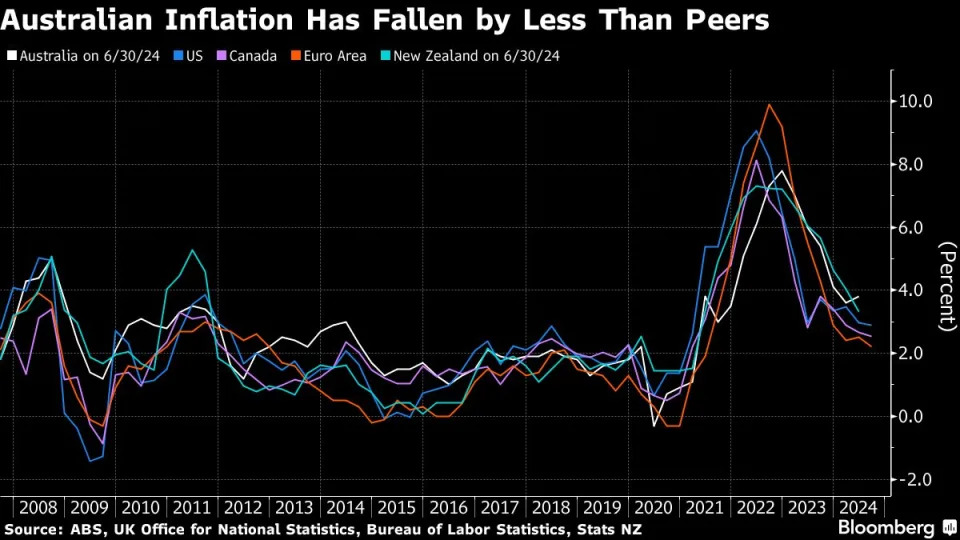By Lewis Krauskopf
(Reuters) - A look at the day ahead in Asian markets.
Investors were grappling with fresh U.S. inflation data and its implications for Federal Reserve policy along with continued fallout from Donald Trump's tariff pledges as trading in the U.S. was thinning out ahead of the Thanksgiving holiday.
Asian markets were waking up to a tepid day for U.S. equities, with technology shares leading major indexes lower. Shares of Dell and HP sank after weak forecasts from the personal computer makers, weighing on the tech sector.
Data showed the personal consumption expenditures (PCE) price index -- an inflation gauge followed by the Fed -- rose 2.3% in the 12 months through October, a slight uptick from the prior month.
Traders were still expecting another interest rate cut when the Fed meets in mid-December, with Fed futures showing that expectations of a 25 basis point reduction remained intact following the PCE data.
Investors were trying to sort through the potential fallout from Trump's pledge earlier this week of big tariffs on Canada, Mexico and China, which has rattled assets including currencies and auto shares.
For example, Goldman Sachs economists estimated the tariffs, if implemented, would increase U.S. core PCE inflation by 0.9%. Meanwhile, Mexico's president warned the country would retaliate if Trump followed through with his 25% across-the-board tariff, a move her government warned could kill 400,000 U.S. jobs.
With tariffs as a continued specter, major Asian indexes posted mixed sessions on Wednesday.
Japan's Nikkei ended lower, with automakers leading the losses, amid concerns about the impact of Trump's tariff plans and a stronger yen.
But key China equity gauges gained more than 1%, as data showed a less sharp decline in the country's industrial profits and traders bet that Beijing will provide stimulus to counter risks from the U.S. tariffs.
In India, a Reuters poll of equity analysts found that equity markets will take time to recover from their recent sell-off because they remain overvalued, with last week's Adani indictments only adding to the pain.
Beyond the U.S., central bank policy was in focus elsewhere globally. New Zealand's central bank cut rates on Wednesday for a third time in four months, and flagged more substantial easing.
The Bank of Korea is up next. The BOK is expected to keep its key policy rate at 3.25% on Thursday to support the Korean won against a strong U.S. dollar, according to a Reuters poll of economists, who forecast at least three rate cuts next year.
The end of the week is expected to bring more eventful data in Asia, with GDP figures due in India and Taiwan on Friday, along with Tokyo CPI data.
"Black Friday" -- the day after Thanksgiving -- also marks the unofficial start of U.S. holiday shopping season. The extent to which inflation-challenged shoppers flock to deals will be of interest to markets, with consumer spending making up more than two-thirds of U.S. economic activity.
Here are key developments that could provide more direction to markets on Thursday:
- Bank of Korea monetary policy meeting
- Australia capex data (Q3)
- Germany CPI (Nov)






